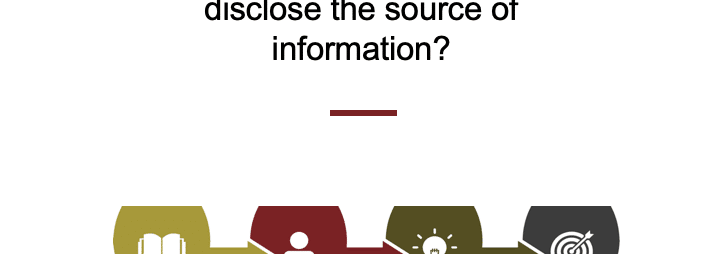What do you do if you don’t know if you can investigate something? If you ultimately determine that you shouldn’t investigate something, you shouldn’t. The consequences are huge for you and the client. If you’re too busy, something like that, just walk away and say, “I’m too busy. I’m so sorry. I can’t do it well enough.”
There can be a happy medium though, where you say, “This isn’t a life and limb situation, and I’m super busy, but I think what we could do is to preserve evidence, talk to our reporting party, pause for a week while I finish up some other work,” and then return and finish your investigation.” I mean, that can be something that can be done. But if it’s the subject matter that’s making you wonder if you can investigate something, again, ultimately you need to make that decision for yourself because if you’re truly incompetent, attorney ethics say that we shouldn’t be doing things that we’re incompetent to do. But the skills of investigating are skills of investigating regardless of the topic of the investigation.
So, if you are skilled at an investigation and investigative process, you can probably do a whole lot more than you are initially comfortable with. You just might need to think about falling back on the skills that you have and the things that you know and what you’re supposed to be doing. So if you’re doing an investigation about a chemical process, that is never going to make sense to you because you don’t do science and you don’t have a science degree and you don’t know these things, okay. But you’re not going to be doing a workplace investigation into the science of it. You’re going to be doing an investigation about the humans that are involved in the making of the scientific process. So the humans are the part that you do know. Again, if you revert back to the skills that you have and the question that’s supposed to be answered, and the way that you’re supposed to answer it, you can probably do a whole lot more than you realize you can.
